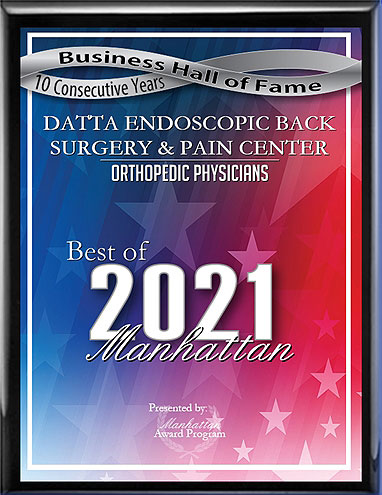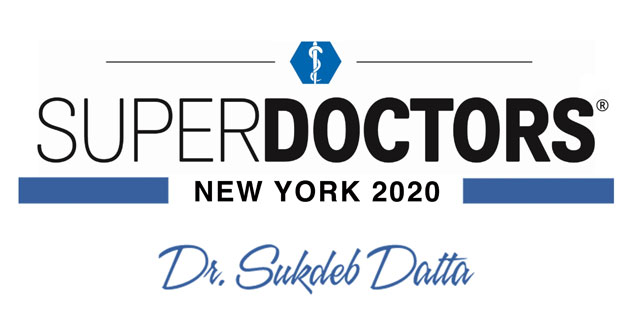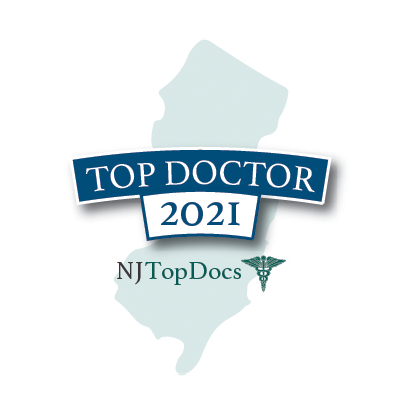Herniated discs are a common spinal problem. When a disc herniates, the inner portion (nucleus pulposus) pushes through a ruptured part of the outer portion (annulus fibrosus). This can occur either due to a specific accident, or as a result of aging, obesity, or pregnancy. If the herniation presses against the nerve roots or spinal cord, it can result in symptoms that can have a serious impact on quality of life.
Symptoms: When to Seek Treatment
It's common to have some pain or soreness in the back occasionally; usually this is caused by damage to or tension in the back muscles. When pain persists, however, there may be an underlying cause that needs treated; a common cause of common back pain is a herniated disc. Symptoms include:
Herniated Disc Treatment
A herniated disc will not heal on its own; the tissue in the intervertebral discs does not receive enough nutrients to do so. Treatments are focused on either relieving inflammation and reducing the weight that the discs bear, or on removing the herniated portion physically.
Many people respond well to medication, epidural steroid injections, weight loss, and physical therapy. If your disc does not respond to these treatments, it's time to consider surgery. The best option for most herniated discs is laser spine surgery, a minimally invasive way to remove excess disc material. During this procedure, an endoscopic camera is used to view the spine, and a laser or radiofrequency probe is used to dissolve the herniation.
In New York City, Dr. Datta of the Datta Endoscopic Back Surgery and Pain Center is the top physician for minimally invasive treatment of herniated discs. To schedule a consultation today, please call the Datta Endoscopic Back Surgery and Pain Center at (212) 430-0312.
Symptoms: When to Seek Treatment
It's common to have some pain or soreness in the back occasionally; usually this is caused by damage to or tension in the back muscles. When pain persists, however, there may be an underlying cause that needs treated; a common cause of common back pain is a herniated disc. Symptoms include:
- Pain in the back or neck, which may get worse when coughing or bending
- Sciatica
- Pain in the limbs
- Numbness or tingling in the limbs
- Muscle weakness
Herniated Disc Treatment
A herniated disc will not heal on its own; the tissue in the intervertebral discs does not receive enough nutrients to do so. Treatments are focused on either relieving inflammation and reducing the weight that the discs bear, or on removing the herniated portion physically.
Many people respond well to medication, epidural steroid injections, weight loss, and physical therapy. If your disc does not respond to these treatments, it's time to consider surgery. The best option for most herniated discs is laser spine surgery, a minimally invasive way to remove excess disc material. During this procedure, an endoscopic camera is used to view the spine, and a laser or radiofrequency probe is used to dissolve the herniation.
In New York City, Dr. Datta of the Datta Endoscopic Back Surgery and Pain Center is the top physician for minimally invasive treatment of herniated discs. To schedule a consultation today, please call the Datta Endoscopic Back Surgery and Pain Center at (212) 430-0312.






 EDISCSCULPT
EDISCSCULPT



